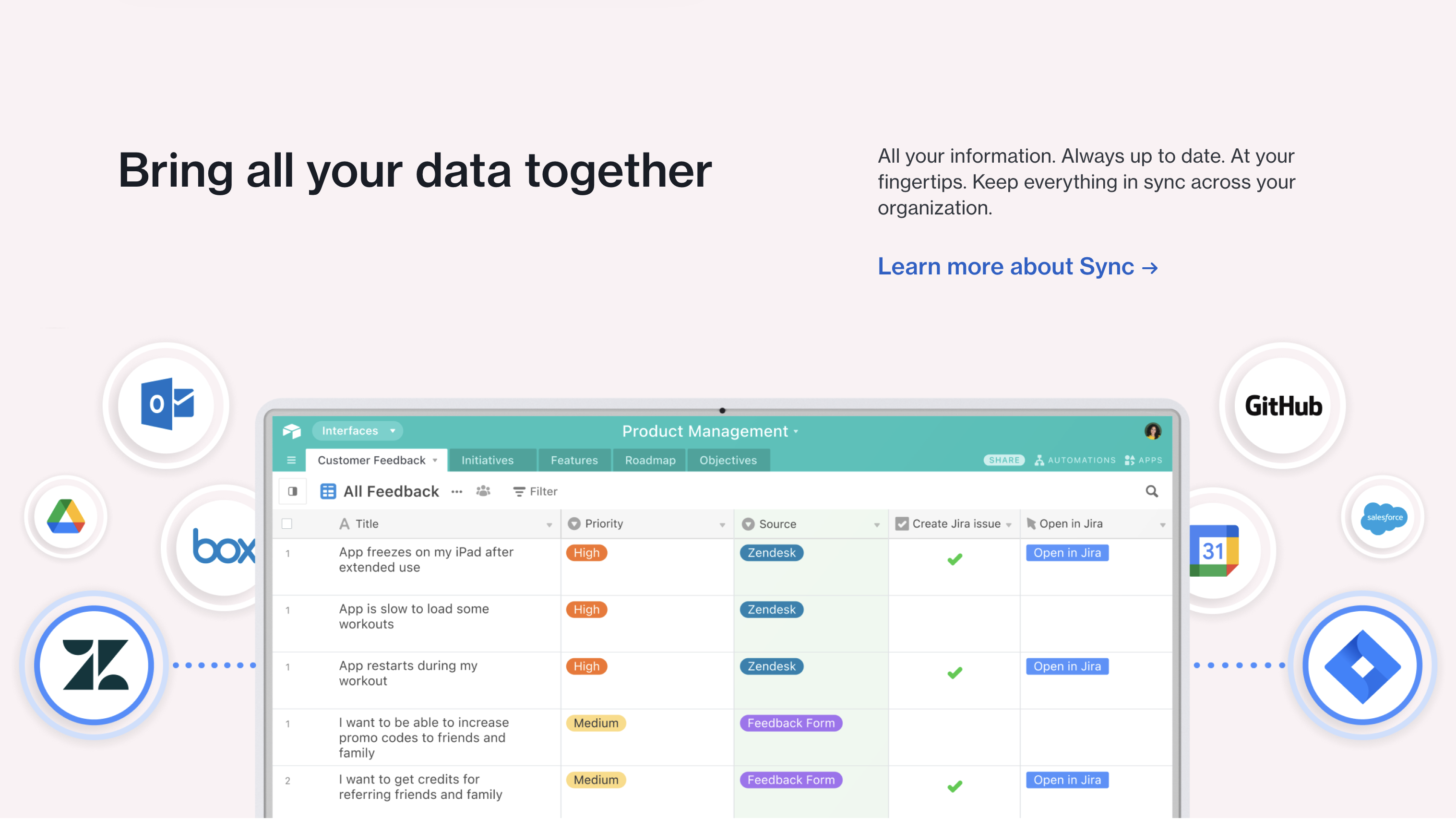What is task management software and how does it differ from a project management tool?
Task management software explained

Although a company may be working towards an overall goal, some broader objective, like becoming the leading business in a particular field or market, its day-to-day operations will be made up of smaller, individual tasks.
Understanding how overarching aims can be broken down into individual tasks is crucial to the smooth running of any business. While it’s important not to lose sight of big-picture ambitions, you’ll never achieve them unless you do the simple things right.
In order to ensure that organizations stay on top of the many different tasks that make up day-to-day operations, businesses often employ task management software. But how does this differ from a project management tool? Well, both are useful business solutions, as are CRM software solutions, lead generation tools, contact management software, and the many other apps designed to make business easier. But they are all slightly different.
If you’re not entirely sure of the differences between task management software and project management tools, then hopefully this article will make things a little clearer. We’ve outlined some of the main features of each, some leading solutions, and which one might suit your needs better.
Reader Offer: Save 18% on Monday.com annual memberships
Monday.com is an easy-to-use and customizable work management platform, enabling teams of all sizes to plan, manage and centralize work. Get started now and boost your team's communication and productivity.
Preferred partner (What does this mean?)
What is task management and how does it differ from project management?
What is task management?
Put simply, task management is a sub-division of project management. The best task management software looks to break down what could be an overwhelmingly large project into more manageable chunks. Without keeping a close eye on these tasks, in terms of budget, schedule, and more, it’s easy for a project to spiral out of control.
Task management can also be ideal for smaller companies that may not quite have the scale to make project management software necessary. Even so, the basic to-do list apps may not be quite sufficient. Whereas to-do lists often lack a broad range of features, task management tools focus on the tangible steps that need to be taken in order to get something done.
Still unsure of exactly what task management is and what sets it apart from project management? The below article should help.
Sign up to the TechRadar Pro newsletter to get all the top news, opinion, features and guidance your business needs to succeed!
Features
Outlining the features available is a good way of understanding exactly what a taask management solutions actually is. One of itss main functionalities involves breaking task down. In order to do so, many task management tools have subtasks to provide a visual representation of different items based on priority. While to-do lists may simply place tasks alongside each other, the subtask feature of many task management tools better explains which task is more important, as well as its progress.
Other features of task management tools include alerts and notifications to ensure that nothing gets missed. These alerts can be in the form of email reminders, app icon notifications, text messages, or in-app reminders. Reminders are usually customizable so individuals can set them up to have the greatest impact.
Like business intelligence tools, many task management platforms also employ reporting and analytics features to ensure that teams can better understand their productivity levels, bottlenecks and identify opportunities for further development. Analytics can help translate data into insights, so for any business with a lot of information at its disposal, this can be a key feature of any task management solution.
Finally, some of the most advanced task management software, including the likes of Monday.com and Airtable, come accompanied with automation features. These can streamline workflows by allowing teams to focus on adding value rather than tackling repetitive, manual tasks.
Benefits
One of the major benefits of task management software is in terms of visualization. For businesses with multiple tasks running concurrently, it can be difficult to quickly discern which one should be a priority and which can be left, if needed. Task management helps with this by allowing teams to set up dashboards for tracking individual progress, as well as a company’s journey towards its overarching goal. In this sense, they also grant employees a sense of autonomy. Individual workers can keep tabs on any particular task, without the need for managers to be constantly tapping them on the shoulder for an update.
Another benefit is the way it reduces stress on workers. Tasks are clearly outlined and trackers so there’s no need for workers to scrabble around for a pen and paper or conduct regular face-to-face check-ups with their managers. This is just one of the processes that task management makes a lot smoother. Bottlenecks can be easily identified because the software will display where tasks are piling up - whether it’s down to an individual employee, a customer, or a misaligned process.
Some leading solutions

As with many other business tools, whether that’s cloud storage or contact management, there are a huge number of different task management tools on the market today, each proclaiming to be the best. For this reason, it’s a good idea not to rush into any decision when choosing a task management tool.
Some leading options include Todoist, ClickUp, and HubSpot Task Management, with each coming with its own distinct strengths and weaknesses. What many of these solutions have in common is the number of features available and the variety of payment options on offer. Regarding the former, for instance, HubSpot comes with progress monitoring and both marketing and sales-related automations. Businesses will also find that many task management solutions come with a free plan or at least a trial option they can check out before committing financially.
How it differs from project management

Althouth both task management and project management solutions can be hugely useful for helping you to get stuff done, they are somewhat different. One such differences is around the size and scope of their offerings. While project management will help your company progress to a larger goal, task management is all about tackling the smaller, individual items that - while easier to ignore - are just as important.
Another difference concerns what you need to provide. Task management software requires a detail-oriented workflow, while project management benefits from more of a holistic approach. And, of course, project management should have a defined timeframe. It should have a conclusion, whereas task management should be ongoing, with new tasks added all the time.
So, which one is right for you? In truth, most businesses will benefit from both task management and project management software. It’s all about using them appropriately and selecting the right tools.
Barclay has been writing about technology for a decade, starting out as a freelancer with ITProPortal covering everything from London’s start-up scene to comparisons of the best cloud storage services. After that, he spent some time as the managing editor of an online outlet focusing on cloud computing, furthering his interest in virtualization, Big Data, and the Internet of Things.


